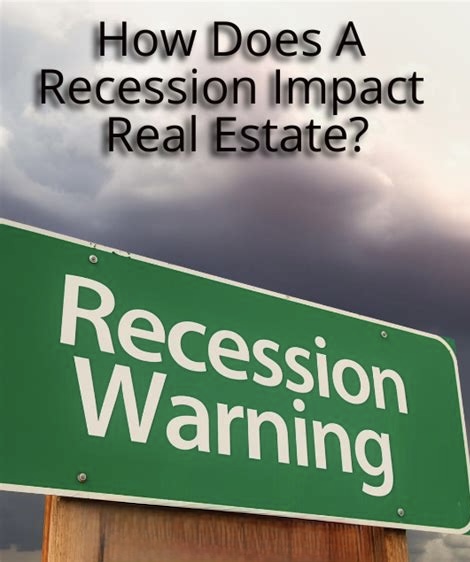A Coming Recession? What Real Estate Developers & Investors Need to Know

With economic uncertainty looming, real estate developers and investors must prepare for potential turbulence ahead. Recent warnings from economists, including UC Berkeley professor Jesse Rothstein, suggest that Elon Musk’s aggressive federal budget cuts could trigger a deep recession one that may impact housing, construction, and investment landscapes significantly.
Why Experts Are Sounding the Alarm
Rothstein, a former Department of Labor economist, predicts that the March jobs report (due April 4) will reveal historic job losses, comparable only to the 2008-09 financial crisis and the 2020 pandemic recession.
Key Factors Driving the Economic Slowdown:
- Massive Government Layoffs: Hundreds of thousands of federal and contract workers could lose their jobs.
- Halting of Federal Grant Funding: Infrastructure, energy, and semiconductor projects funded under Biden-era policies are now stalled or canceled, impacting private-sector contractors, suppliers, and local businesses.
- Hiring Freezes Across Sectors: Universities, municipalities, and private businesses reliant on government contracts are putting hiring on hold, reducing employment opportunities.
- Ripple Effects on Consumer Spending & Housing Demand: With job losses mounting, home sales, retail spending, and new development projects could see sharp declines—potentially cooling the real estate market in ways not yet reflected in Wall Street forecasts.
How Will This Impact Real Estate?
For developers, investors, and homebuilders, these economic shifts pose both risks and opportunities:
- Slower Construction & Permitting: With grant-funded infrastructure and clean energy projects at risk, construction demand could dip, affecting material suppliers, contractors, and permitting offices.
- Softening Demand for Housing: Layoffs and uncertainty may cause potential buyers and renters to delay home purchases or lease commitments, particularly in government-heavy markets like Washington, DC, Northern Virginia, and parts of California.
- Tighter Credit & Financing: If economic fears grow, lenders may tighten loan approvals for both residential and commercial projects, making it harder to secure financing.
- Opportunities for Smart Investors: On the flip side, market slowdowns often create buying opportunities. If property values decline, well-capitalized investors could acquire distressed assets at a discount—especially in markets where economic fundamentals remain strong.
What’s Next?
- Early Summer 2025: The timeline for a potential downturn is accelerating. Experts warn that by mid-year, economic contractions could be evident across multiple industries.
- Stay Informed & Adapt: The best investors anticipate rather than react. Now is the time to reassess portfolios, secure financing early, and explore counter-cyclical investments that can withstand an economic downturn.
Key Takeaway: While Musk’s aggressive cost-cutting may promise long-term prosperity the short-term pain for the economy and real estate market may be severe. Developers and investors must prepare for volatility while positioning for opportunities in a shifting market.
What are your thoughts? Is this an overreaction, or is a major downturn inevitable? Drop your insights in the comments!
#RealEstateInvesting #MarketTrends #EconomicForecast #HousingMarket #CommercialRealEstate #InvestSmart
Comments
Post a Comment